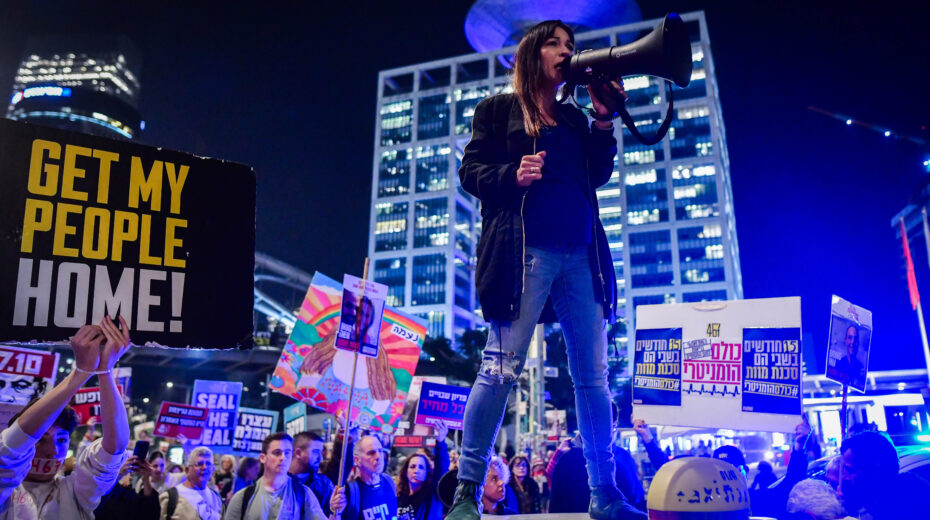This verse from Leviticus 19 is the biblical basis for Judaism’s notion of the “liberation of the captives,” known in Hebrew as “Pidiyon Sh’vuim.” We must admit that there is great joy in the country that the hostages will finally see light again after such a long time. 470 days in the dark, underground, in hell. That is a long time compared to the first hostage exchange in November 2023, which took place one month after the attack in southern Israel. We do not yet know who of the 33 hostages is still alive and who is not. Israel has stumbled upon this commandment of neighborly love again and again in its history, and has acted accordingly to save its brothers and sisters. That is biblical, that is Jewish, that is human. Of course, a hostage deal in the middle of a war carries many risks. It is incredibly difficult to achieve a “total victory” over the enemy when it is using your brothers and sisters as human shields in Gaza.
By releasing the Israeli hostages, Hamas wants to stop...
Become a Member
-
Read all member content
Get exclusive in-depth reports from Israel.
-
Get exclusive in-depth reports from Israel
Connect with Israel, right from your home.
-
Lift up the voice of truth and hope
Support Jerusalem-based Zionist journalism.

Already a member? Login here.















I read an article from Hebrew University that adds a possible second translation of the verse, “Do not stand over your neighbor’s blood:”
In short, it said not to put conditions there in the first place that would put the other’s life in jeopardy.
Does not Torah say also to not take the word of a liar? Hamas is a sworn enemy who has repeatedly lied. If making a deal with them, releasing unrepentant enemies, would cause future bloodshed, would that not constitute “standing over your neighbor’s blood” too?